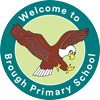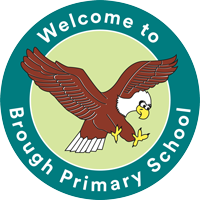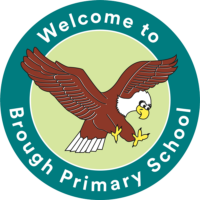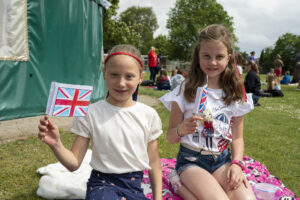‘The primary school physical education and sports funding is used very well.’
‘The headteacher and governors have high expectations of staff and pupils.’
‘School leaders
and governors are passionate about pupils’ achievement and personal development. ‘
‘Parents and carers have a very high level of confidence in the work of the school.’
‘There is full engagement by the school in a local sports partnership. Pupils say that they
enjoy sport.’
‘The headteacher has made sure that senior leaders, and middle leaders, have had very
effective training’
‘Staff morale is high and there is a shared sense of purpose and a desire for all pupils to
achieve their full potential.’
‘An analysis of pupils’ work by inspectors showed good gains in knowledge, skills and
understanding in reading, mathematics and a wide range of subjects.’
‘Pupils study a wide range of subjects and have a good range of additional activities to
broaden their experiences.’
‘Pupils engage effectively in learning and enjoy school.’
‘The enhanced provision, The Bridge, is making a significantly positive contribution to pupils’ ability to self-manage their needs.’
‘Teachers ask supplementary questions to make sure that pupils have a full understanding of the work they are doing and are making good progress. ‘
‘Children settle quickly into Reception and make good progress because of good leadership and
good teaching.’
‘All pupils spoken to say they are safe in school and they enjoy school.’
‘Pupils take part in
visits to places of interest that then contribute
very well to their learning.’
‘The school promotes spiritual, moral, social and cultural education very well.’
‘Governors make a strong contribution to the development of the school.’
‘Teachers’ skilful questioning is used well, especially in guided reading and in mathematics to deepen pupils’ learning.’
‘Pupils participate in competitive sports, such as cross-country, squash and football, as well as winning local dance competitions.’
‘The local authority has a clear picture of the development of the school and has supported this school securely on its journey of improvement.’
‘The curriculum offers many exciting opportunities for learning.’
‘Currently, pupils, including disadvantaged pupils, develop good skills and knowledge in reading,
mathematics and a wide range of subjects. ’
‘The school’s enhanced provision for those pupils who have special educational needs (SEN) and/or disabilities is a strength of the school,’
‘Parents value the school’s work highly. They believe the school is well led and indicate that the new headteacher has improved the school and that staff are supporting their children well.’
‘The special educational needs coordinator identifies the needs of pupils very accurately and makes sure strong provision is in place to meet pupils’ needs.’
‘The extra funding for those pupils who have SEN and/or disabilities is used highly
effectively.’
‘Pupils make a good contribution to their learning.’
‘Astute use of professional development and support for staff has resulted in good teaching.’
‘Teachers assess pupils’ work accurately and use their good subject knowledge to plan
interesting tasks that engage pupils well.’
‘Pupils are pleasant,
polite and respectful. Attendance is above
average.’



